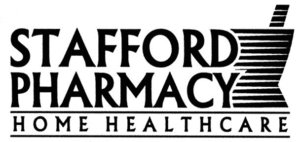An Introduction to Alternative Medicine (CAM)

Alternative Medicine Resources
It’s imperative to your health and wellbeing that you understand your prescription medications. Your pharmacist can review and assess your past and present medications, to ensure you’re on the right path to better health. They will make sure that you’re taking the right medication, at the right dose and at the right time. They will also ensure that you’re not at risk for complications, as well as answer any questions you may have.
Complimentary Alternative Medicine
Pharmacists have long promoted to their patients that “knowledge is the best medicine” as we continually inform, educate and counsel patients on their health; on disease; on non-prescription medications’ on prescription medications and on the treatment regimens that involve drug therapy. With the addition of complimentary and alternative medicines, the importance of “knowledge” continues to be our focus. Such medicines can offer safe and effective choices when traditional drug therapy is not an option for any number of reasons. Complimentary medicines are meant to safely complement a patient’s current drug therapy and even when drug therapy isn’t required complimentary medicines may “compliment” non-drug measures.


Homeopathy
Homeopathy seeks to stimulate the body’s ability to heal itself by giving very small doses of highly diluted substances that in larger doses would produce illness or symptoms (an approach called “like cures like”)., is a whole medical system, with a complete system of theory and practice that has evolved over time in different cultures and apart from conventional medicine. Examples of whole medical systems include traditional Chinese medicine, Ayurvedic medicine, homeopathy, and naturopathy that was developed in Germany more than 200 years ago and has been practiced in the United States since the early 19th century.
Supplements
When the focus is maintaining health and/or wellness, you need to use slightly different tools. That is why nutritional supplements, such as vitamins and minerals, amino acids, Omega 3, 6 or 9 fatty acids, and trace minerals are all being used to supplement current dietary needs, in addition to being used as a therapeutic agent.



